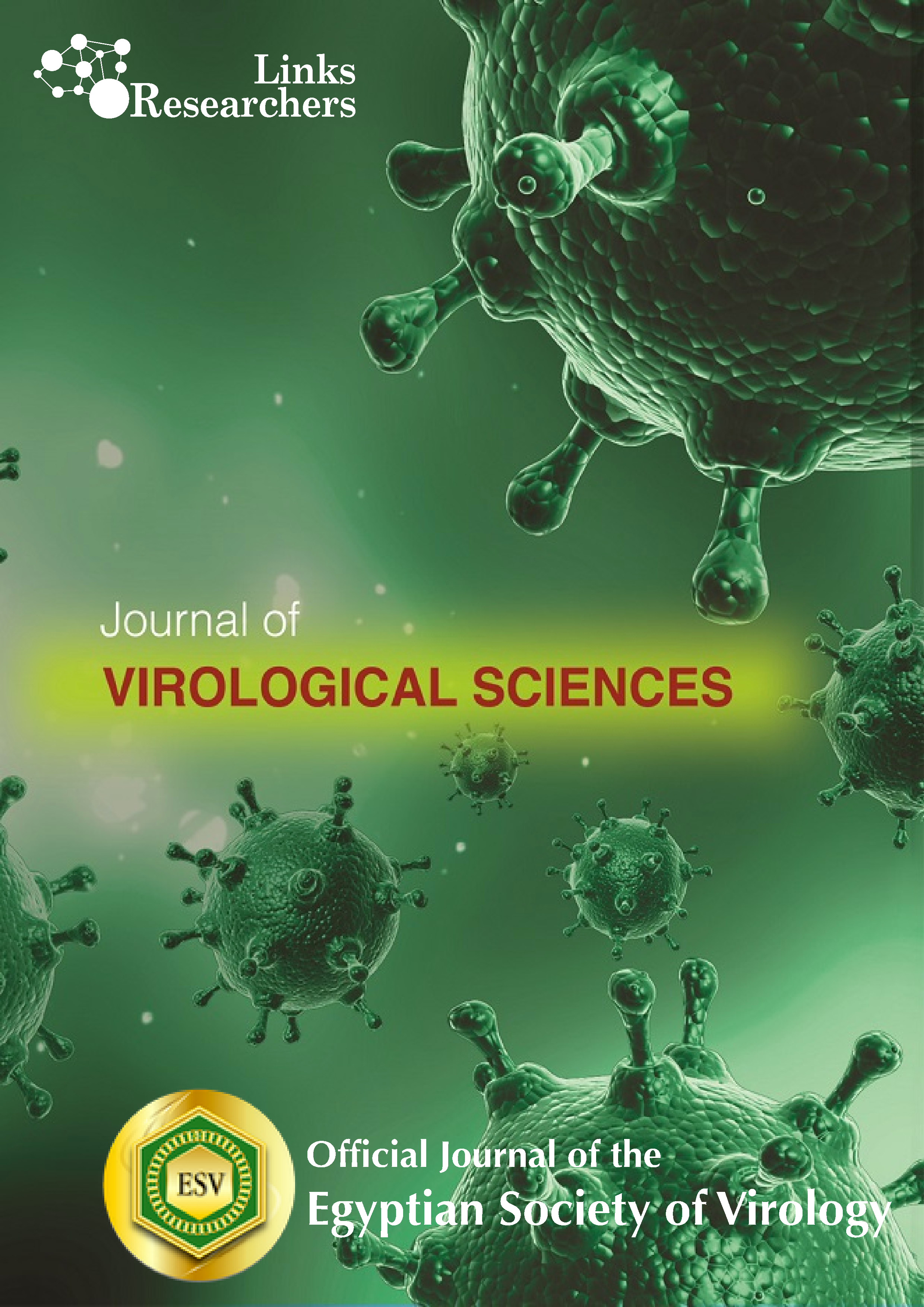An Egyptian Study of Mother to Child Transmission of Hepatitis C Virus
An Egyptian Study of Mother to Child Transmission of Hepatitis C Virus
Abo Elmagd l , Enas K.; Abdel-Wahab l , Kouka S.; Alrasheedy l , Zeinab E. and Khalifa2, Ahmed S.
ABSTRACT
This study aims to assess markers of hepatitis C Virus (HCV) including HCV antigen detection in peripheral blood mononuclear cell (PBMNC) lysates, antibodies to HCV core, NS3, NS4 and NS5 epitopes by enzyme linked immunoassay (ELISA) in mothers and their infants using serum samples for both mothers and infants plus saliva for infants, in addition to detection of serum HCV- RNA (viremia) by reverse transcription polymerase chain reaction (RT-PCR). Also detection of antiHIV IgG class antibodies in mothers' sera. The study sample included 61 pairs of 20-40 years old Egyptian mothers and their infants whose ages ranged from one day t012 months. All the deliveries were vaginal. Neither the infants nor the mothers had a history of high risk exposure to percutaneous virus transmission. Commercial ELISA kits for IgG, IgM, IgA anti-HCV epitopes and RT-PCR kits were used according to kit instructions. Dot ELISA for detection of HCV antigen in infants PBNINC lysates was an in house test. Previous exposure to HCV infection indicated by antibodies to the HCV six epitopes was detected in 8/61 (13%) mothers. Active HCV infection by anti-core and HCV-RNA detection was 5/8 (62.5%). All mother samples were negative for HIV antibodies. The infants born to those 8 mothers included four {4/8(50%)} having serum IgG antibodies to HCV epitopes. None of these four infants had saliva IgM anti-HCV and one had saliva IgA antibodies to HCV epitopes excluding NS5. The PBMNC lysates belonging to these eight infants contained HCVantigen in two samples {2/8(25%)}, and these two infants had serum.
To share on other social networks, click on any share button. What are these?





